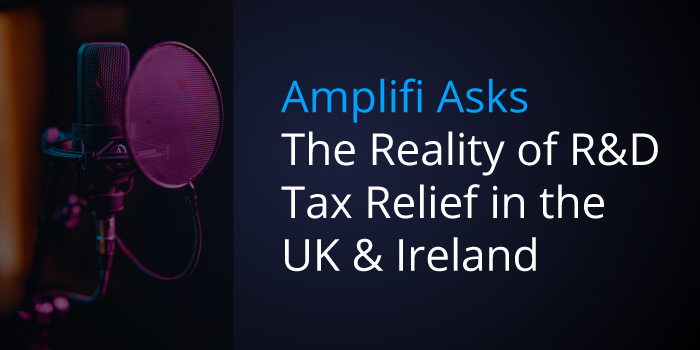A State of Uncertainty and Change
While there is appreciation for the role of R&D tax relief in supporting innovation, we are seeing that there is also frustration with the increased scrutiny and complexity of the claims process.
Businesses and tax professionals are adapting to the new rules and increased compliance measures, which has led to a more cautious approach to claiming R&D tax relief.
The public opinion seems to be that while R&D tax relief is valuable, the system needs improvement to balance encouraging innovation with preventing abuse.
Supporting R&D Is Still a UK Government Priority
On the plus side there is recognition that R&D tax reliefs are important incentives for businesses to invest in innovative projects in science and technology. The government’s target to raise R&D investment to 2.4% of UK GDP by 2027 indicates a commitment to fostering innovation.
The latest HMRC statistics show that R&D expenditure by businesses increased by 4% to £46.7 billion, suggesting that the incentives are encouraging more investment in R&D.
The Key UK R&D Concerns and Challenges
- Compliance Issues – There is growing concern over non-compliance in R&D tax reliefs. HMRC has been increasing its scrutiny of claims.
- Difficulty in Claiming – Many businesses, are struggling to make “successful” claims. For example, a recent survey showed that 76% of media businesses that made R&D claims faced challenges or rejections from HMRC.
- Reduced Benefits – The new incoming merged R&D regime offers a reduced credit rate over the old SME scheme, which some fear may reduce the UK’s competitiveness compared to other countries like Ireland.
- Complexity – The process of making R&D claims has become more complex, leading to a need for specialist advice to ensure claims are ‘watertight’.
The Merged R&D Scheme – A Step Towards Clarity
Looking ahead, businesses appear to have mostly positive perceptions of the new “merged scheme” known as RDEC and it’s sibling, the ERIS (Enhanced R&D Intensive Support) schemes.
- Simplification – The merger of previous schemes into a single RDEC scheme for all companies is seen as a simplification of the R&D tax relief system.
- Support for R&D-Intensive SMEs – The ERIS scheme is viewed positively by loss-making, R&D-intensive SMEs, as it offers a higher rate of tax relief (up to 27p for every £1 spent on R&D).
- Grants and Subsidies – Companies welcome the removal of complications related to grants and subsidies, as they can now claim under RDEC or ERIS regardless of grant funding.



